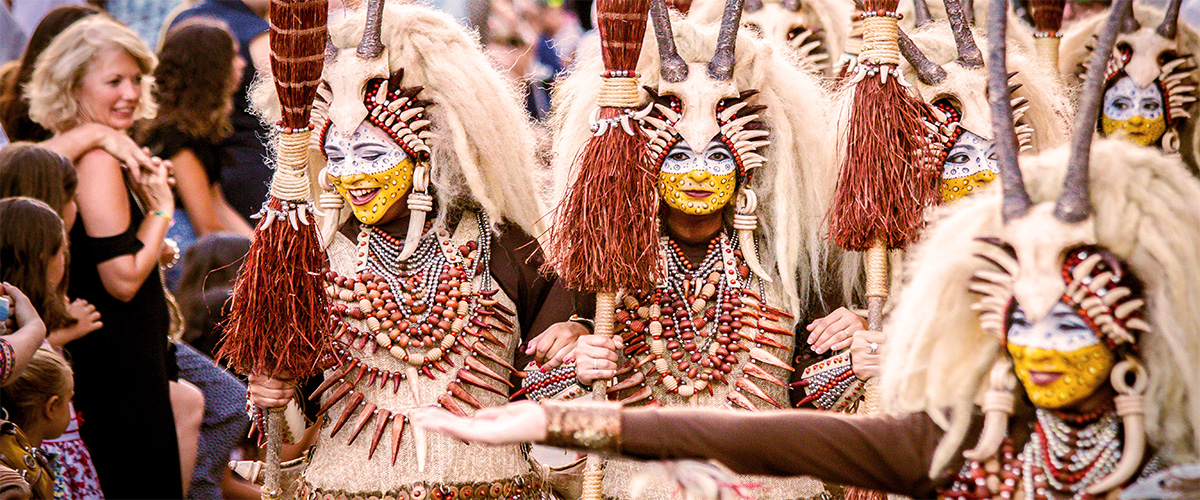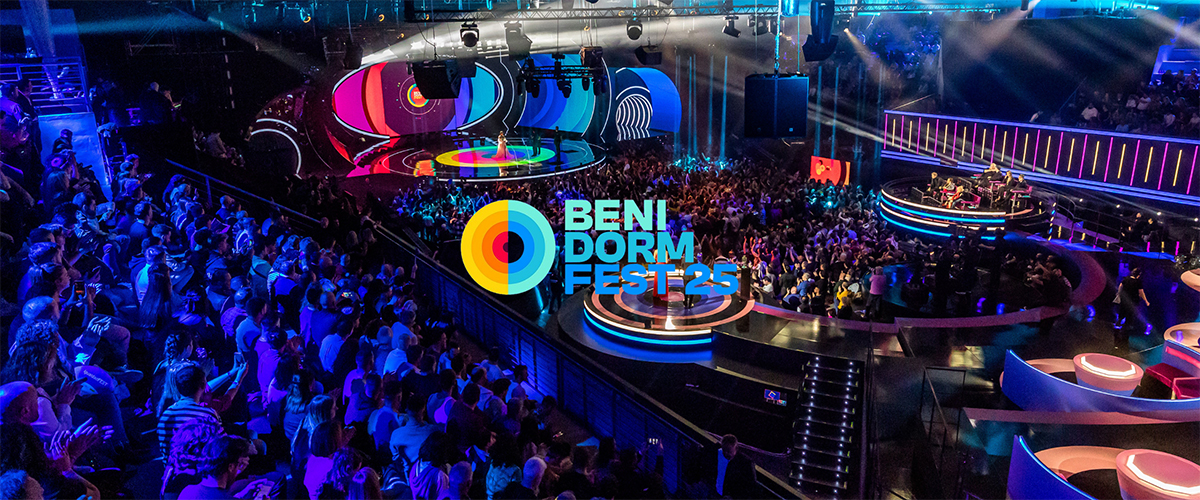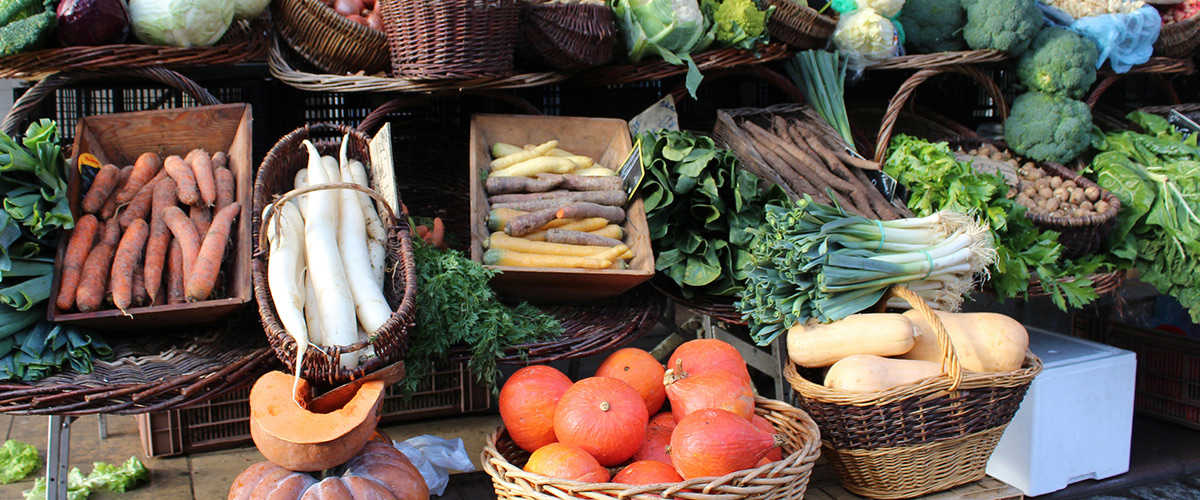
Dénia - Oliva
During July Dénia's Les Deveses beach plays host to the best displays of flips and acrobatics as part of the fourth annual Spanish Kite Race Championships, organised by the town's Royal Sailing Club.
Of all the festive displays of Moors and Christians in the Community of Valencia, it may well be that the one that takes place in Dénia every year between the 13th and 16th of August is the most ancient, as it is referred to in documents that date as far back as the 16th century, to 1599 to be exact.

Abahana Villas - Clothes of the filá mora in Dénia.
At that time, the coasts of Alicante were far from safe, as incursions by Berbers from the north of Africa were quite common. In spite of the fact that this was definitely no laughing matter - these skirmishes would often end up with the Moors victorious and Christians being sold into captivity to work as slaves in distant lands - festivals were already being organised at that time to represent and commemorate the battles.
King Philip III was most concerned about the problem of these Berber invasions. Because of them and also because his principal court favourite the Duke of Lerma was Marquis of Dénia to boot, the king visited the town on as many as three occasions. During one of those visits, which took place between the 12th and the 18th of February 1599, the noble Lord organized one of these representations of Moors and Christians for the Monarch's edification. This was duly documented in records that have survived to our times.
However, the festivity as we know it today dates back to the 20th century and began to become extremely popular during the 1980s, thanks to the growth of the "filas" or troupes of Moors and Christians.The celebrations are always held in the middle of the month of August.
They begin on the evening of the first day, with a staging of the Moors disembarking at the port of Dénia. The signing of a ceasefire follows quickly afterwards and this gives rise to a period of social harmony between the two cultures. However, the Moorish troops break the ceasefire, and the Christians swear they will wreak vengeance.
The 14th of the month is the day on which the children's parade takes place, full of excited youngsters dressed up to the nines for the occasion. However, the 15th is far and away the most important day of the Moors and Christians festival. Both the Moorish and the Christian armies have taken the city and parade to show off their superiority and their elegant attire. The medieval and Moorish music, and above all the ostentation, the lights, the detailed outfits and all the regalia help to create a mysterious, magical atmosphere that will enchant the visitor.
At last, the 16th arrives, and with it the staging of the Christian disembarkation. The captain and his soldiers reach the city and the two armies face each other; a fierce struggle ensues, with harquebusiers to the fore. Moments later a miracle takes place: a strange fog, referred to in the chronicles, comes in from the sea to cover the Moorish forces who, left completely disoriented, are finally defeated.

Dénia - Oliva
During July Dénia's Les Deveses beach plays host to the best displays of flips and acrobatics as part of the fourth annual Spanish Kite Race Championships, organised by the town's Royal Sailing Club.

The lights illuminate Benidorm, the music reverberates in every corner and the fans chant the names of their favourite artists. The Benidorm Fest is not just a festival, it is an experience that envelops you from the first second. If you are on holiday on the Costa Blanca and thought that the only exciting thing would be the turquoise sea and tapas, think again. The Benidorm Fest 2027 is here and promises to be a show that will make all of Spain (and Europe) vibrate!

Jalón
On the first Saturday of every month, the Jalón Town Square hosts its traditional earth market, which strives to make the region's traditional home-made foodstuffs more appreciated: marmalades, sweets, cheese, fruit and vegetables, meat products…
